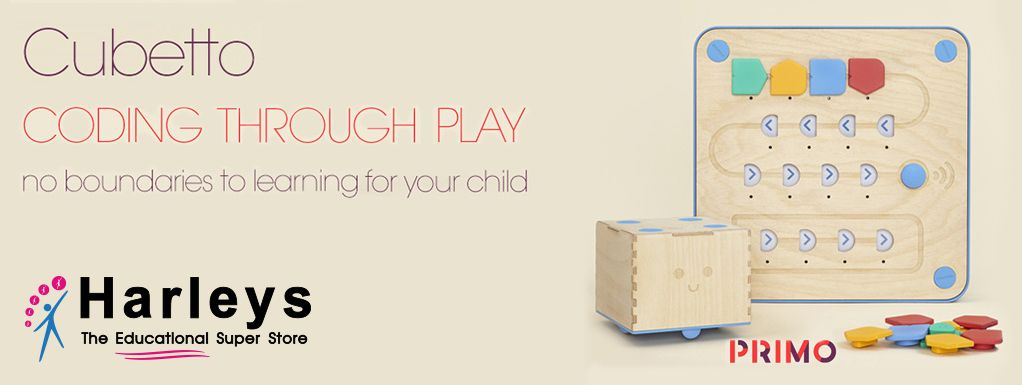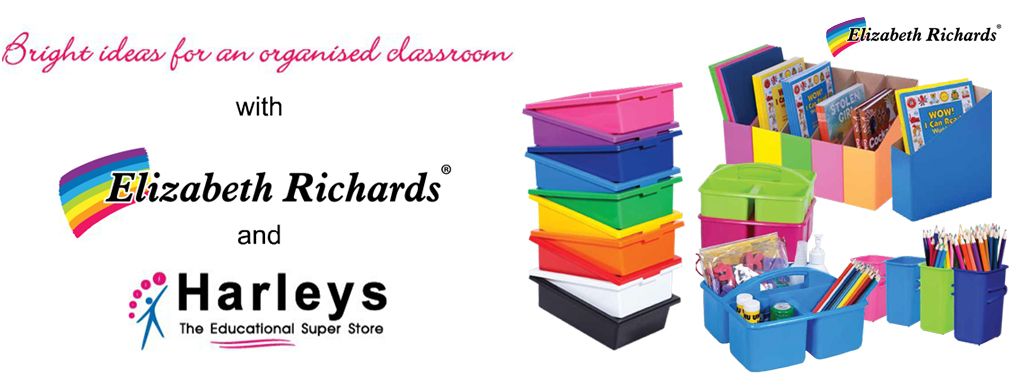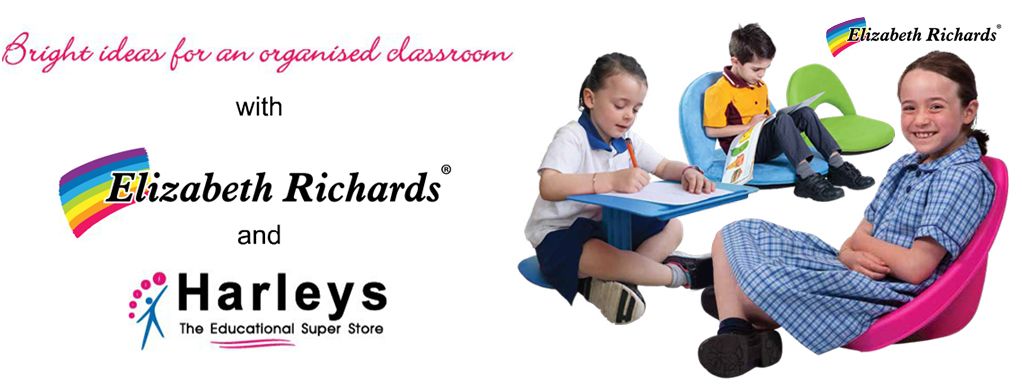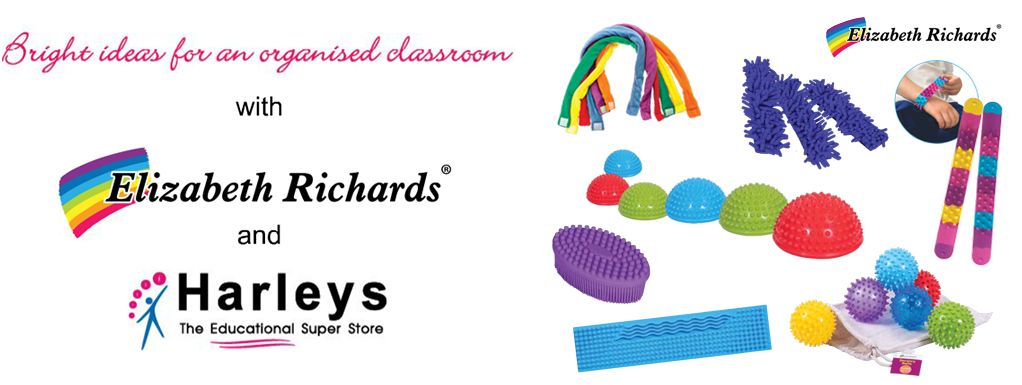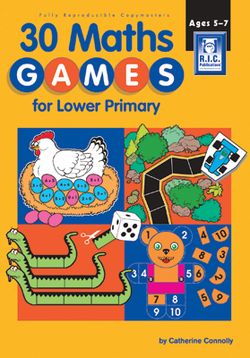30 Maths Games
Teaching basic concepts
Board games provide an opportunity for the practice of basic mathematical skills in a way that is enjoyable for the child. The variety of games allows the less able child much needed repetition. Games make this repetitive memorising interesting and reinforce lightly held knowledge. While playing games, children are relaxed and have a good learning disposition, and the element of chance inherent in the games allows the less able child to succeed.
Games aid in the development of:
- visual, motor and memory skills;
- social skills;
- language skills;
- left to right orientation recognition; and
- concentration and dexterity.
Games provide additional benefits:
- They provide excitement and challenge;
- They provide a happy and purposeful activity taken at the child’s own pace, in which children are actively involved;
- Certain basic concepts are constantly reinforced in a variety of contexts;
- They encourage a positive attitude toward mathematics;
- They can be played individually or with a partner;
- They link in with existing mathematics schemes; and
- They provide a guide to evaluation by the teacher.



